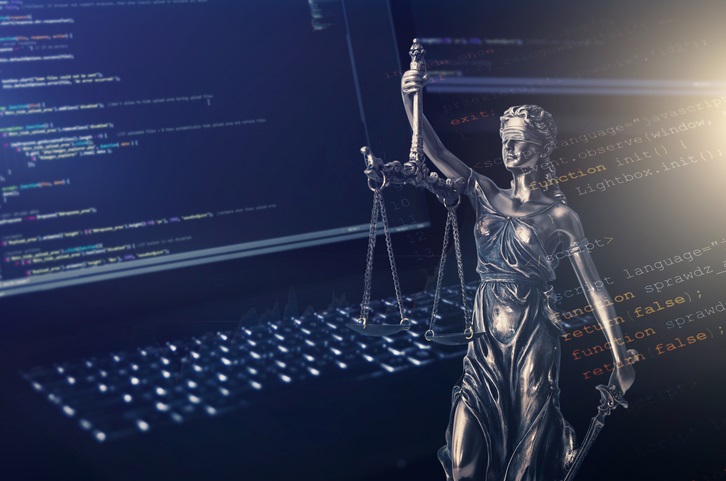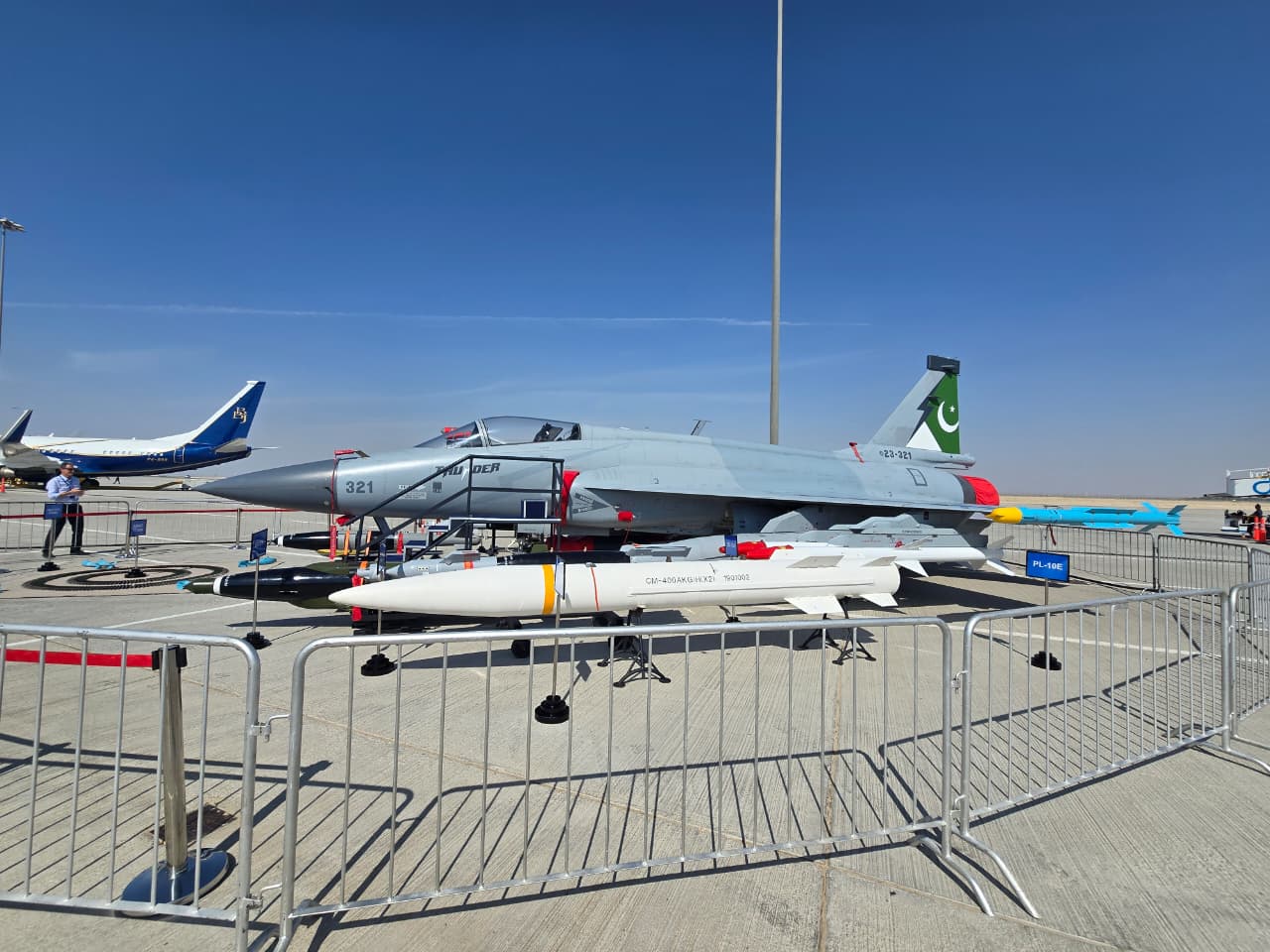Rapid technological innovation has altered the nature of warfare, making cyberattacks a powerful weapon available to nation-states. Cyber warfare is a type of conflict that is not limited to physical areas, unlike traditional battles. It offers new challenges to both national sovereignty and international law. This change is exemplified by the situation in Ukraine, where there has been both physical and cyberwarfare, emphasizing the urgent need for a strong legal framework to handle the complex risks that arise from cyber actions.
Cyberattacks are becoming an effective tool for nation-states in the contemporary digital environment, as they can disrupt entire economies and target critical systems. These attacks, which are frequently carried out using techniques such as distributed denial-of-service (DDoS) attacks, threaten not only the accessibility of essential services but also the basic principles of international law, such as criminal law, humanitarian law, and sovereignty. The complex connection between cyberwarfare and international legal frameworks can be explored and needs a discussion on the changing nature of cyberspace conflict, the legal difficulties faced by individuals involved, and the pressing need for increased international collaboration to improve cybersecurity governance.
The principle of sovereignty is a fundamental concept in modern international law. It refers to the supreme authority that a state holds within its own territory. Interestingly, the concept of sovereignty has evolved over time and has been contested in various historical and political contexts. Some argue that state sovereignty is outdated and should be replaced by new concepts related to supranational or transnational political organization. However, others view developments like the European Union (EU) as confirmation or even an extension of the concept of sovereignty.
The advent of cyberspace has revolutionized the concept of sovereignty, by allowing both state and non-state actors to affect others outside of their boundaries without having to physically be there. This has put traditional ideas of power and control as well as the changing nature of sovereignty in the digital age to the test. This change highlights how international law and governance structures must be reviewed in order to handle the complexity that cyber capabilities bring.
Modern security is no longer confined to traditional military aspects; it encompasses a broader spectrum, including economic welfare and environmental conditions. Cybersecurity is a critical component of this expanded security framework, necessitating robust institutions, civil-military cooperation, and effective international governance. The United Nations, through its various bodies and offices, plays a central role in maintaining international peace and security, particularly in the face of evolving cyber threats.
The alteration of war can be seen the risks posed by cyber warfare is the 2015 cyber-attack on Ukraine’s power grid, which left 230,000 people without electricity. This attack disrupted essential services, demonstrating the potential of cyber operations to cause significant harm to civilians. A core concern under international humanitarian law (IHL). The incident also highlighted the challenges of attribution and enforcement within international criminal law (ICL), emphasizing the urgent need for clearer legal frameworks and stronger global cooperation to address the evolving nature of cyber threats.
Cyber operations during armed conflicts are subject to the principles of IHL, which aim to protect civilians and civilian infrastructure. However, the application of IHL to cyber warfare remains contentious, particularly when assessing the proportionality and legality of cyber-attacks. Case studies, such as the Kill net DDoS attacks and the Ukrainian power grid incident, underscore the potential for cyber operations to cause significant disruption and harm, challenging the existing legal frameworks governing warfare.
The intersection of cyber warfare and ICL presents unique challenges, particularly in the absence of clear legal precedents. Cyber-attacks that cause significant harm to civilians or civilian infrastructure may constitute war crimes under the Rome Statute of the International Criminal Court. However, prosecuting these offenses requires international cooperation and a comprehensive understanding of the legal implications of cyber operations.
Modern security is no longer confined to traditional military aspects; it encompasses a broader spectrum, including economic welfare and environmental conditions. Cybersecurity is a critical component of this expanded security framework, necessitating robust institutions, civil-military cooperation, and effective international governance. The United Nations, through its various bodies and offices, plays a central role in maintaining international peace and security, particularly in the face of evolving cyber threats.
The convergence of IHL, ICL, and the principle of sovereignty in the context of cyber warfare presents significant challenges to the existing international legal order. As cyber operations continue to evolve, so must the legal frameworks that govern them. This article calls for updates to international laws, stronger global cooperation, and enhanced institutional capacity to address the multifaceted threats posed by cyber warfare. By examining the application of IHL and ICL to cyber operations, this research aims to contribute to the ongoing discourse on global cybersecurity and governance, ensuring that international law keeps pace with technological advancements.

Kainat Rasheed
Kainat Rasheed, an International Relations student at Bahria University Islamabad, is part of different volunteer organizations and her Interest areas are Cyber warfare, Maritime Security, and Women's Rights.
- Kainat Rasheed#molongui-disabled-link













